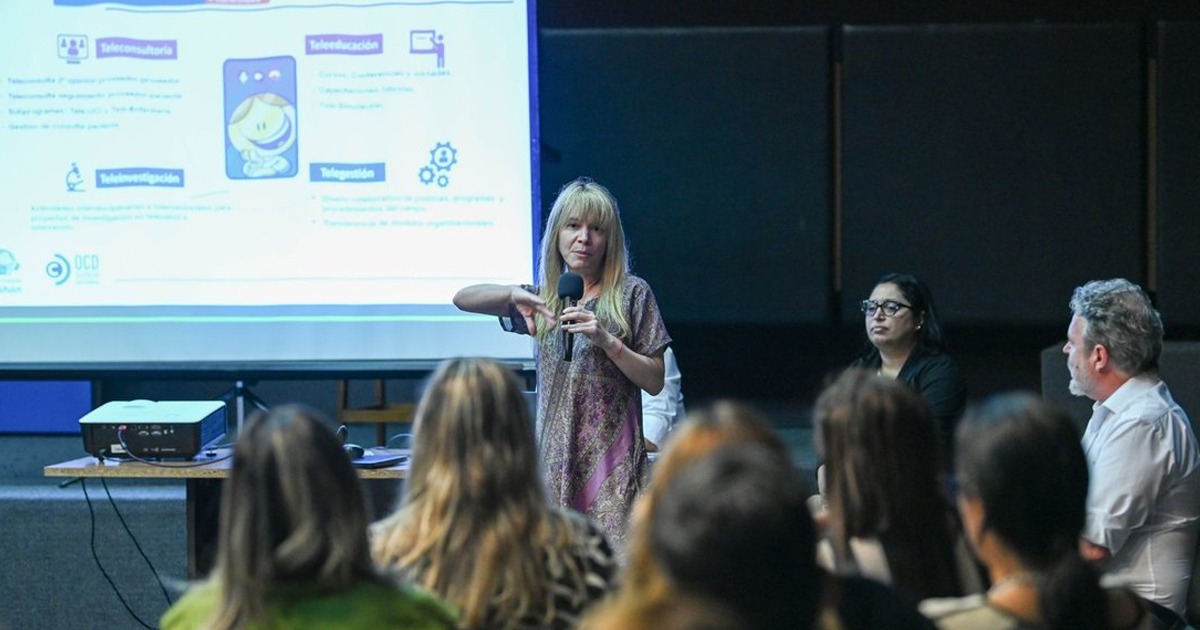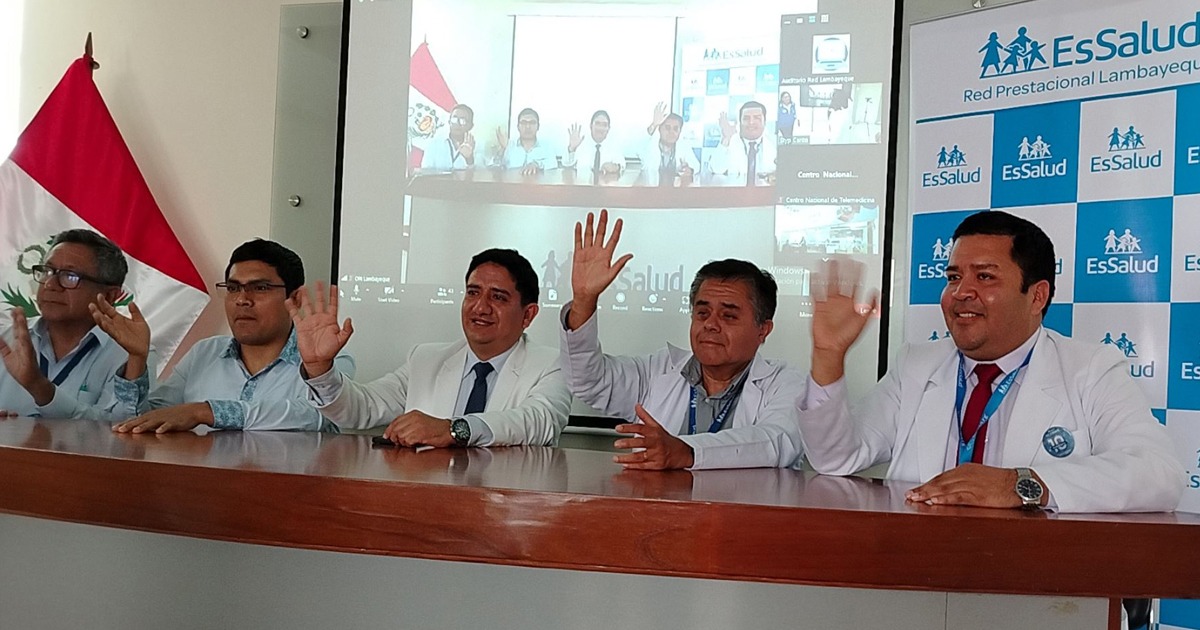Pudú, its name, provides teleassistance for COVID-19 patients, making it possible to reduce risks of contagion among health personnel and save on protective supplies.
Pudú was developed by researchers from the Faculty of Physical Sciences and Mathematics (FCFM) of the University of Chile, the Hospital Clínico Universidad (HCUCH), and the Hospital San Juan de Dios, also belonging to the University.
Veronica Vargas, psychologist and head of the Emotional Health area of the Critical Patients Unit of HCUCH, presented the project as after the health crisis she tried to create a response to continue providing mental health care for her patients.
Vargas considers the presence of a psychologist to be extremely important for patients in critical units. After this problem and the growing number of patients in the hospital, he sought ways to provide care to his patients. The psychologist was in charge of looking for professionals with experience in telemedicine and that is how she found Dr. Mauricio Salazar, neurologist of Hospital San Juan de Dios with experience in teleassistance.
Later he approached the FCFM, which had a project of a robot, however, it had to be adapted to meet the new health requirements. The original robot operated autonomously; an aspect that had to be modified so that hospital staff could control it. However, functions such as the system that prevents it from colliding with objects or walls were maintained in the new project. Another aspect that had to be modified was the ease in its use, so it would not be necessary to have a previous training to control it.

Pudú's functions include the ability to contact the patient's relatives through a video call and provide personalized psychological care. In addition to the emotional health aspect, Pudú avoids the use of special protection for health staff when coming into contact with their patients, in this way professionals in psychology can care for a greater number of patients without the need to use protective equipment.
The success of this project in such a short span was possible thanks to the interdisciplinary team that was formed, engineers and health personnel. Javier Ruiz de Solar, professor at FCFM recognized how important it is to contribute in the field of health and that there is an impact in the short term in the hospital.
Pudú has an important long-term projection, so they hope to provide greater accompaniment to patients. In addition to expanding its service and having a presence in hospitals in another province of the Andean country, as well as applying it in offices where specialized personnel are needed. Vargas believes that this project responds to an emergency problem such as the pandemic, however, he believes it possible that this telemedicine tool reaches other areas of health.





